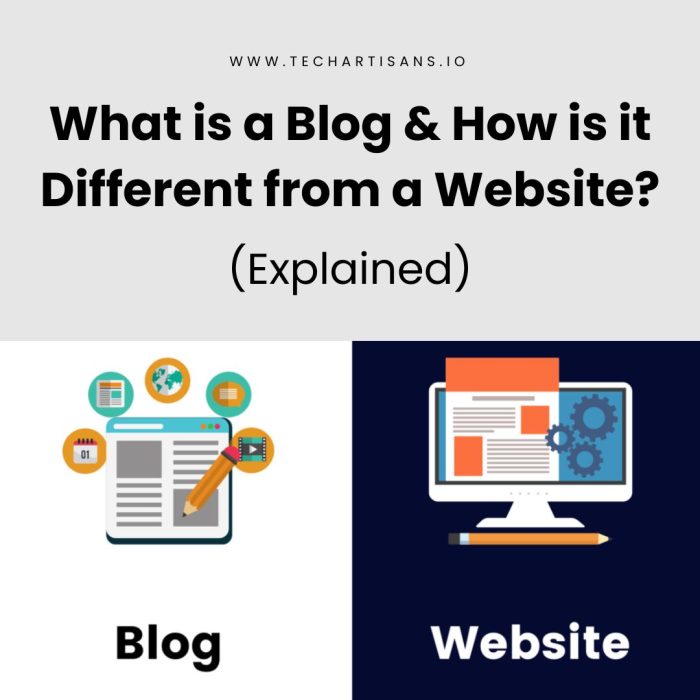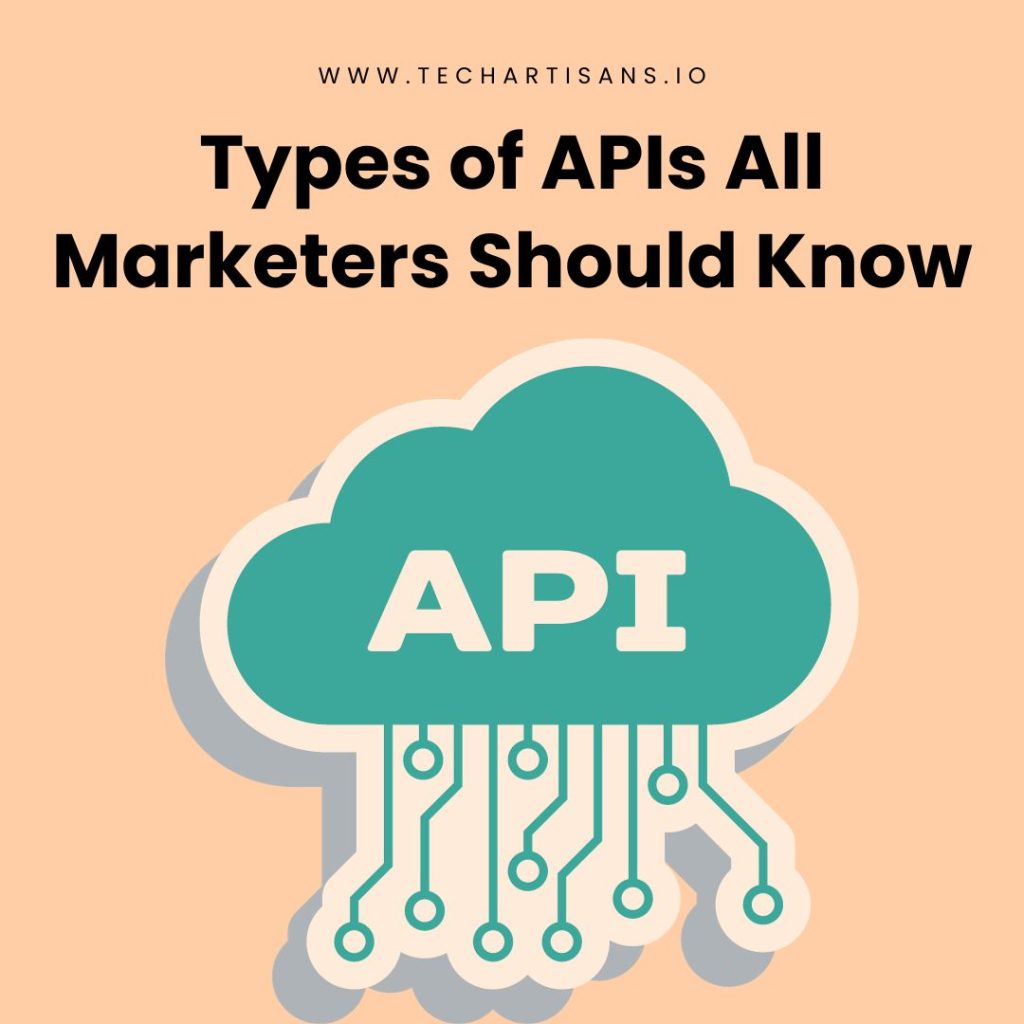Small and medium business owners often wonder about the difference between a blog and a website. This common confusion is more than just a matter of terminology—it can significantly impact how you strategize your business’s online presence. This article clarifies the differences to help you choose the right platform for your business’s online presence. Let’s explore the unique characteristics of a blog vs. a website.
Definition of a Blog
A blog, short for “weblog”, is a regularly updated web page or platform where content is presented in reverse chronological order. It’s a platform where writers or groups of writers share their views, ideas, or experiences on various topics. Blogs are dynamic and foster interaction via comments and discussions, making them inherently social. For more insights, see our comprehensive guide on social media.
Evolution of Blog
Blogs began as personal online journals in the late 1990s and have since evolved into versatile communication platforms. Learn about the benefits of progressive web apps in blogging used by individuals and businesses to share information and ideas and promote services or products, thanks to outlets like Blogger and WordPress.
Features of a Blog
Blogs are characterized by dynamic, regularly updated content, often displayed in reverse chronological order. The interactive nature of blogs allows for reader comments and engagement. They typically include social sharing buttons and author bios. For further reading, explore our article on how to create a LinkedIn business page. and are often focused on a specific topic or niche.
Popular Examples of Blogs
The Huffington Post and TechCrunch are prominent examples of blogs. The Huffington Post covers various topics, including politics, business, and entertainment, while TechCrunch focuses on technology and startup news. These blogs have gained popularity by providing their targeted audiences with valuable, regularly updated content.
Definition of a Website
In its most basic form, a website is a collection of web pages and related content identified by a common domain name and published on at least one web server. Let’s delve further into understanding what a website entails.
Understanding a Website
A website is typically a static entity consisting of interconnected web pages, Discover web design trends for small businesses to enhance your website each with a specific purpose – providing company information, showcasing products or services, or hosting a contact form. Websites are usually organized and structured, with a homepage as the starting point. They can be viewed as digital storefronts, displaying your business online.
Purpose of Websites
Websites serve multiple purposes, as a hub for company information. To understand more, read about the benefits of having a website showcasing products or services, and even facilitating e-commerce transactions. They allow businesses to establish an online presence, convey their brand’s story, and connect with potential customers.
Popular Examples of Websites
Amazon and Wikipedia are classic examples of websites. Amazon, an e-commerce platform, showcases a vast range of products, facilitates online transactions, and even offers customer reviews. On the other hand, Wikipedia is an online encyclopedia providing comprehensive information on various topics.
Key Differences Between Blog and Website
While blogs and websites serve as digital spaces for conveying information, a few pivotal differences set them apart. Let’s explore these distinguishing factors to better understand the blog vs website conundrum.
Content Structure and Presentation: Websites display static information across pages, while blogs feature dynamic, regularly updated posts. Websites are formal, like digital storefronts, while blogs are interactive and conversational.
Frequency of Updates: Blogs are updated frequently with fresh content, while websites are static and require updates only for significant changes or news.
Interactivity and User Engagement: Blogs encourage high engagement through comments and social sharing, while websites are usually more static and informational.
Purpose and Objectives: Blogs aim for personal insights and community engagement, while websites focus on presenting business information and attracting clients or customers.
Gain deeper insights by reading about web design trends for landing pages.
Advantages of Having a Blog
A blog can offer several advantages, especially regarding enhancing online visibility, establishing authority, and fostering meaningful customer relationships.
SEO Benefits: Blogs enhance SEO through fresh content and keywords. Find out more in our article on SEO principles and fundamentals and shareable posts, increasing website visibility on search engines and driving more organic traffic.
Building Authority: Blogs showcase industry expertise and build authority by consistently sharing relevant, high-quality content, establishing trust with readers, and potentially converting them into loyal customers.
Engaging with the Audience: Blogs enable direct audience engagement, fostering a sense of community. Businesses can interact with readers through comments, shares, and feedback, enhancing customer relations and satisfaction.
Potential for Monetization: Blogs offer various monetization opportunities, from selling products to hosting ads and promoting affiliate products, leveraging a loyal readership to generate revenue.
Advantages of Having a Website
Having a website authenticates your business in the digital realm and offers many benefits that can significantly contribute to your company’s growth and success.
Professional Online Presence
A website gives your business a professional persona online, highlighting your brand and fostering credibility. It is a one-stop destination for customers to learn about your services or products, contact you, or make purchases. A well-designed and informative website can strongly influence a potential customer’s perception of your brand, often turning website visitors into customers.
Learn more about creating a professional look with our guide on web design best practices.
Showcasing Products or Services
A website is an effective tool to showcase what your business has to offer. It provides a detailed platform to display your products or services, allowing potential customers to understand their features, benefits, and pricing. Furthermore, a well-structured website can facilitate user-friendly navigation, making it easier for visitors to find what they want, leading to increased sales.
Static Information Delivery
Unlike blogs, websites are typically used for delivering static information that doesn’t require frequent updates. This could be about a business’s history, mission, and services. They act as the business’s official online presence, demonstrate its credibility, and provide a platform for interaction and transaction with potential customers.
Potential for E-Commerce
Websites offer an avenue for e-commerce, enabling businesses to sell products or services directly to customers, expanding their reach beyond geographical boundaries. An e-commerce platform integrated into a website can facilitate secure transactions, manage inventory, and provide customer support, contributing significantly to business growth and profitability.
Combining a Blog with a Website
Integrating a blog with your website can be a strategic approach that harnesses both platforms’ benefits, enhancing your digital presence and connection with your audience.
For more details, read about how to add breadcrumbs to WordPress.
Advantages of Merging a Blog and Website
By integrating a blog into a traditional website, businesses can leverage blogs’ dynamic and interactive nature while maintaining websites’ professional and static information delivery. This integration enables consistent content updates for SEO optimization while providing a platform for displaying products, services, and company information. Furthermore, it fosters direct audience engagement, improving customer relations and boosting brand authority.
Enhancing User Engagement and SEO
Integrating a blog into your website significantly boosts user engagement and enhances your SEO strategy. The blog’s interactive platform encourages user participation, increasing site traffic and customer retention. Simultaneously, the consistent content updates associated with blogging improve search engine rankings, making your business more visible to potential clients.
Choosing Between a Blog and a Website
When deciding between a blog and a website for your business, it’s essential to consider the specific features, benefits, and applications to align with your business’s unique goals and requirements.
Our article on choosing the best blogging platform might help in making this decision.
Nature of Business and Content
The nature of your business and the type of content you intend to share play pivotal roles in determining whether a blog or a website is more suitable. A blog is preferable if you aim to share dynamic, regularly updated content and engage directly with your audience. However, a website is more apt if you desire to present static, professional information about your business and potentially run an e-commerce platform.
Resource Availability
The resources available regarding time, skills, and finances will also influence your choice between a blog and a website. Developing and maintaining a website requires more technical expertise, while a blog demands regular content creation and audience engagement. Therefore, consider your available resources before making a decision.
SEO and Customer Engagement Goals
If your business objectives include enhancing your online visibility and fostering a strong customer relationship, incorporating a blog into your website can be beneficial. It allows for regular content updates that boost SEO and facilitate direct audience engagement. However, a standalone website best serves your needs if you focus on presenting static, professional information about your business and offering e-commerce facilities.
Importance Of Target Audience
Understanding your target audience is crucial in choosing between a blog and a website. If your audience seeks interactive, regularly updated content, a blog would serve them best. However, if they require static, professional business information and online shopping facilities, a website is the ideal choice.
Platforms for Creating Blogs and Websites
In the digital era, creating a compelling online presence, whether a blog or a website, is made accessible and efficient by various software and platforms. These tools cater to different skill levels and can help establish and manage your business’s digital footprint.
Overview of Popular Platforms
WordPress, Wix, and Shopify are popular platforms for blogs and websites. WordPress is highly customizable and suitable for all skill levels. Wix offers a user-friendly, flexible design. Shopify specializes in e-commerce, making online store setup easy.
Choosing the Right Platform
Selecting the right platform involves assessing ease of use, customization, SEO tools, and budget. Also, consider your content and audience preferences. The best platform aligns with your goals and skills for effective online management.
Conclusion
In conclusion, understanding the difference between a blog and a website is crucial for business owners in establishing a robust online presence. While a website is a static, professional platform offering information about your business and e-commerce facilities, a blog provides a dynamic, interactive platform for regularly updated content and audience engagement. The choice depends on your business nature, resources, and audience preferences. Platforms like WordPress, Wix, and Shopify simplify creating a blog or a website, enabling you to effectively manage your digital footprint.
Call To Action
Ready to amplify your online presence? Evaluate your business’s unique needs, consider your audience’s preferences, and decide between a blog and a website today. Remember, knowledge is power. Leverage that power to drive your business forward in the digital landscape. The next step in your success story starts here!







